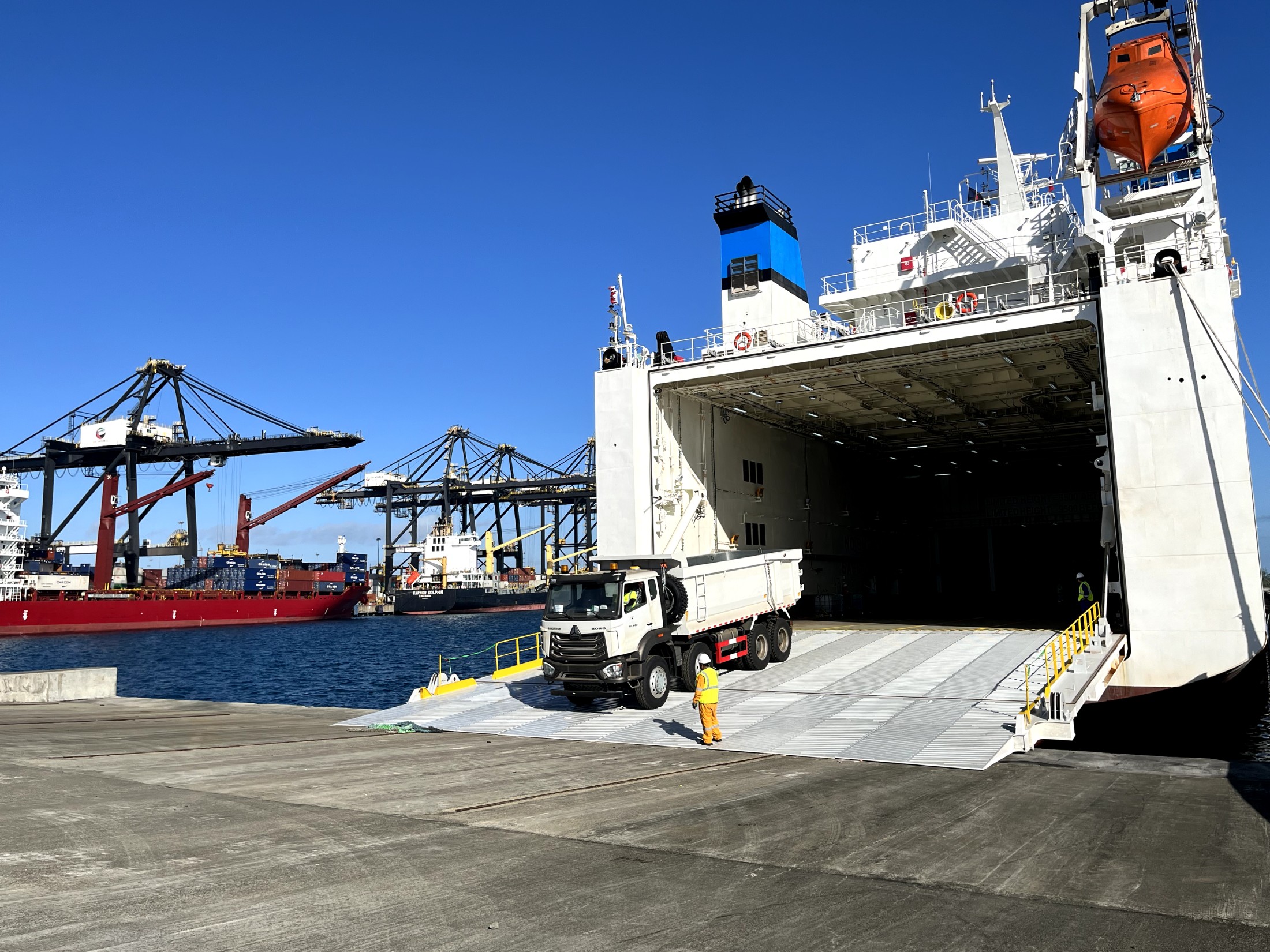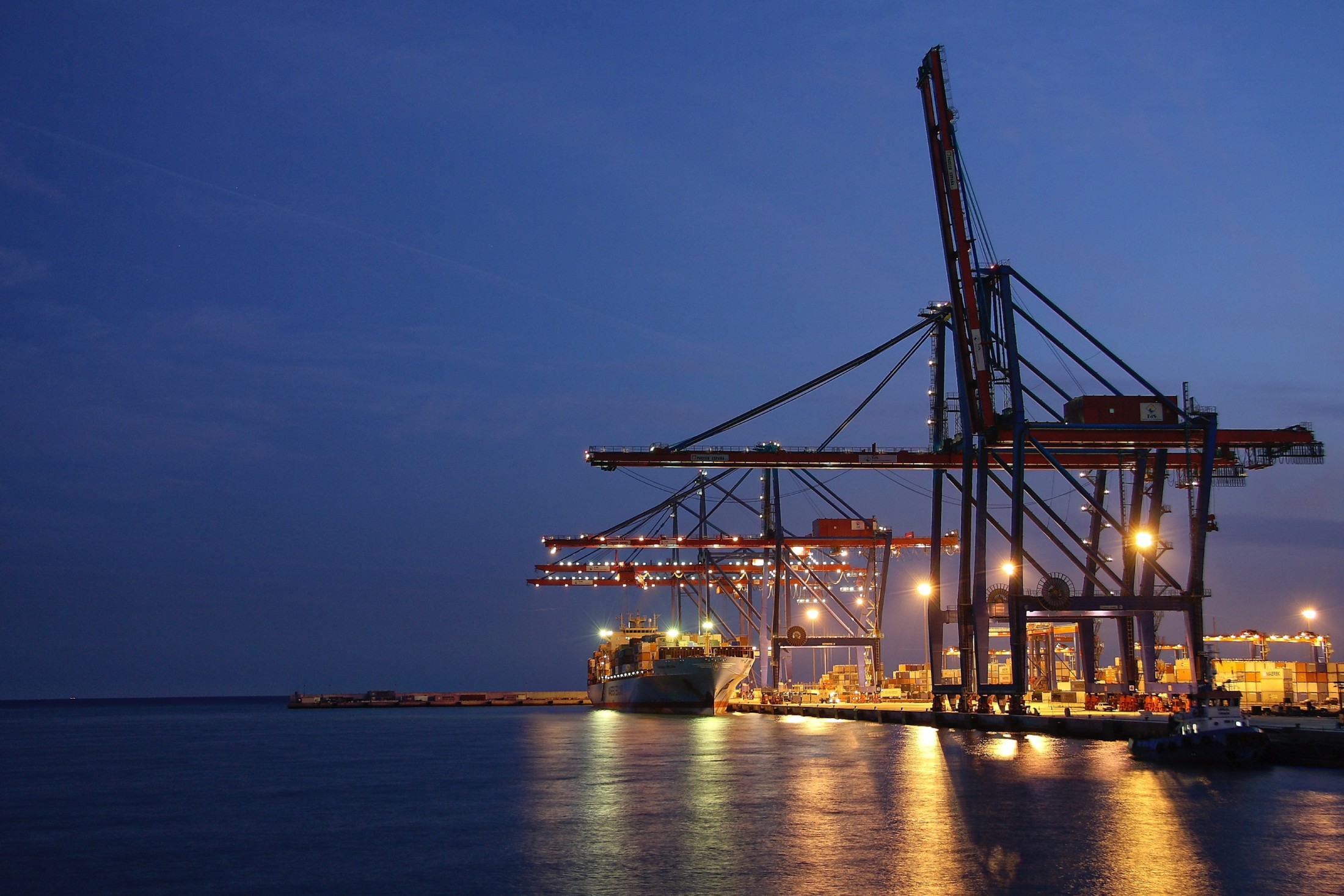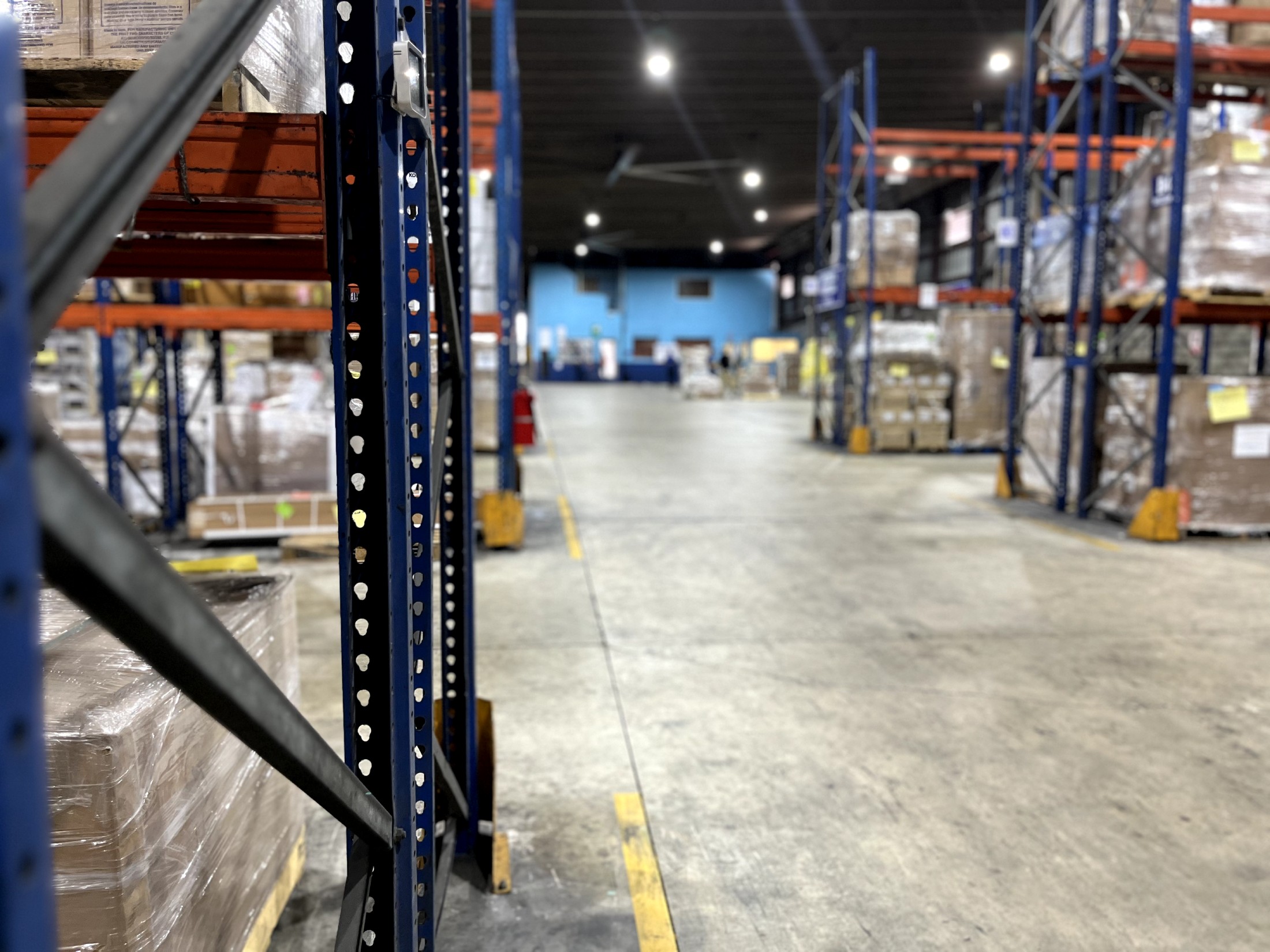Choosing a logistics partner is a crucial strategic decision for any company looking to optimize its supply chain and expand its global market reach. A reliable logistics partner not only improves operational efficiency, but can also be a catalyst for growth and expansion. However, with so many options available, it can be challenging to determine which partner is best for your business. This article provides guidance on how to choose the right logistics partner, highlighting key factors to consider.
Experience and expertise
The supplier’s expertise in your specific industry is critical. A partner with a deep understanding of the particulars of your industry can offer customized solutions that fit your specific needs. In addition, specialization in certain geographic areas or product types can be an indicator of the partner’s ability to expertly handle your logistics requirements.
Technological capacity
In an increasingly digitized business environment, the technological capabilities of a logistics partner are crucial. Advanced tracking and management tools, information systems integration and data analytics capabilities can make a difference in supply chain efficiency and transparency. Evaluate the partner’s investment in technology and its ability to adapt to future innovations.
Flexibility and adaptability
The partner’s ability to adapt to changes in the market and your business needs is essential. This includes flexibility in the scalability of services, the ability to adjust logistics operations in response to unforeseen situations and the willingness to customize solutions. A logistics partner that can grow and evolve with your company will be a valuable long-term ally.
Sustainability and social responsibility
With an increasing focus on sustainability and corporate social responsibility, it is important to consider the environmental and ethical practices of your logistics partner. Companies that adopt green logistics practices and demonstrate a commitment to social responsibility not only help enhance your brand image, but also ensure that your supply chain aligns with your company’s values.
Operational network and geographic scope
A logistics partner’s geographic reach and network of operations are critical for companies looking to expand into new markets. A partner with an extensive global network can offer easier access to international markets by providing infrastructure and local knowledge in key areas.
Financial stability
The financial stability of the logistics partner is an indicator of its reliability and ability to invest in improvements and expansion. A solid and financially stable logistics company can offer greater security and continuity for your business.
Reputation and references
Finally, a partner’s reputation and references from current or former clients can provide valuable insights into their reliability, quality of service and ability to deliver on commitments. Seeking opinions and talking to other clients can help you make an informed choice.
Conclusion
Selecting the right logistics partner is a complex process that requires careful consideration of several factors. By choosing a partner that not only meets your current needs, but also has the vision and ability to adapt to future challenges, you can establish a solid foundation for the growth and success of your business in the competitive global environment.





